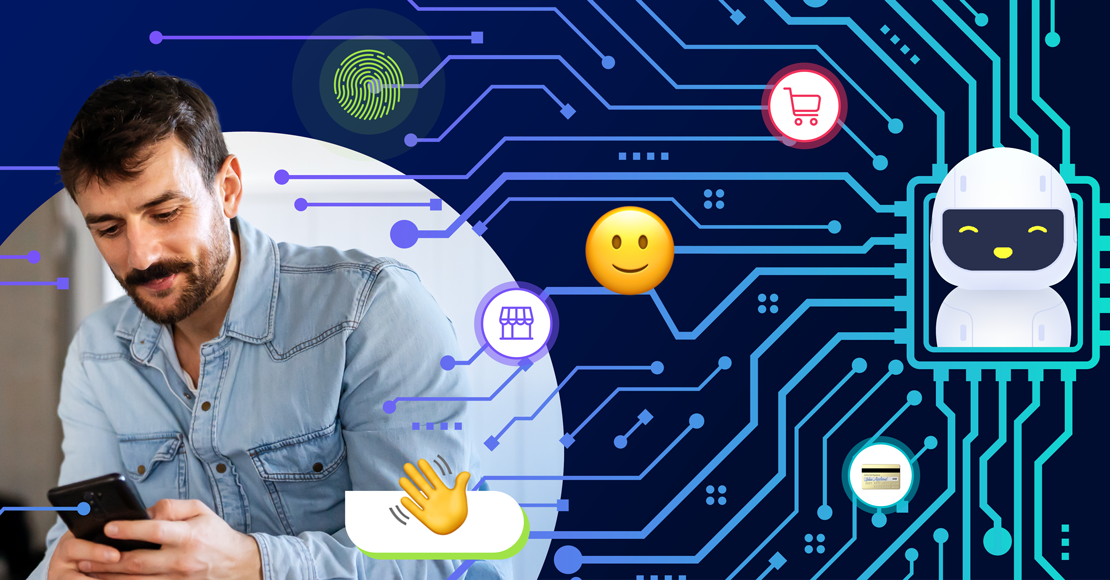
Some of our greatest artists and scientists have speculated about what impact advanced robotic systems could have on our world. Filmmakers offer dark visions of smart systems taking over, while others have focused on the ability of AI and machines to become companions. After all, the end idea is for machines to display the same intelligence as humans – able to interpret and respond to new inputs constantly. For business, artificial intelligence software development is also something to be aware of as the world enters a new age of rapidly advancing technology. As a rule of thumb: Businesses that aren’t looking forward will end up being left behind.
Here are some interesting ways AI can benefit us.
Space exploration
When you think about incredibly advanced science, space science often comes to mind. For example, NASA sends probes beyond the reaches of our solar system.
Voyager 1 became the first device humans ever created that entered interstellar space (basically, it’s traveled so far it’s reached a point where our sun no longer has any effect). Due to the complexities of space, it would obviously be ideal if scientists had more control over the devices sent to explore.
While NASA and other space agencies can affect some changes, it still requires time to make adjustments, calculate readings and so on. NASA has expressed interest in AI software which handles these interactions instead.
This requires no input from actual persons and can dramatically improve data capturing, movement and so on that is required to keep probes and astronauts working effectively in space. As NASA stated in 2005: “New software is under development for daily team use during upcoming Mars surface missions. This software is called the 'Science Planning Interface for Engineering' (SPIFe), pronounced 'spiffy.' Scientists hope it will ‘dramatically’ reduce the number of people needed to achieve mission goals.”
AI in Medicine
Calculations are key to all aspects of medicine. In order for health professionals to provide effective healthcare, the first step is accurate diagnostics. Here, machines with advanced calculation and detection abilities could outperform skilled doctors. As the Wall Street Journal reports, a new IBM merger has resulted in the company acquiring “30 billion images, including X-rays, computerized tomography, and magnetic-resonance-imaging scans”. The company hopes to use these with its increasingly advanced AI medical software, Watson, “to identify ailments such as cancer and heart disease. The resulting services, [IBM] hopes, will help doctors diagnose and treat patients more effectively and efficiently.”
Business
There is no getting away from the fact that businesses greatly depend on proper calculation. Knowing what works and what doesn’t, what resonates with customers and so on all hinges on knowing what the data says. Today, with advanced technology built even into mobile devices, entrepreneurs have more access to data than ever before. Of course, machines are faster and more accurate in interpreting data than humans could ever hope to be. AI is, therefore, perfectly suited to become a part of business.
As we’ve highlighted before, AI has the ability to interpret images and describe them, engage with foreign languages and so on. Some companies even use chatbots, offering answers that usually only a human could provide – this means we can use AI to take on mundane tasks so staff can get on with more important work. Clickatell Touch has already been launched, incorporating chatbot technology to transform customer call centers globally.
With how rapidly artificial intelligence is advancing, everyone should care about what it means for them.
Explore other articles
Step into the future of business messaging.
SMS and two-way channels, automation, call center integration, payments - do it all with Clickatell's Chat Commerce platform.








